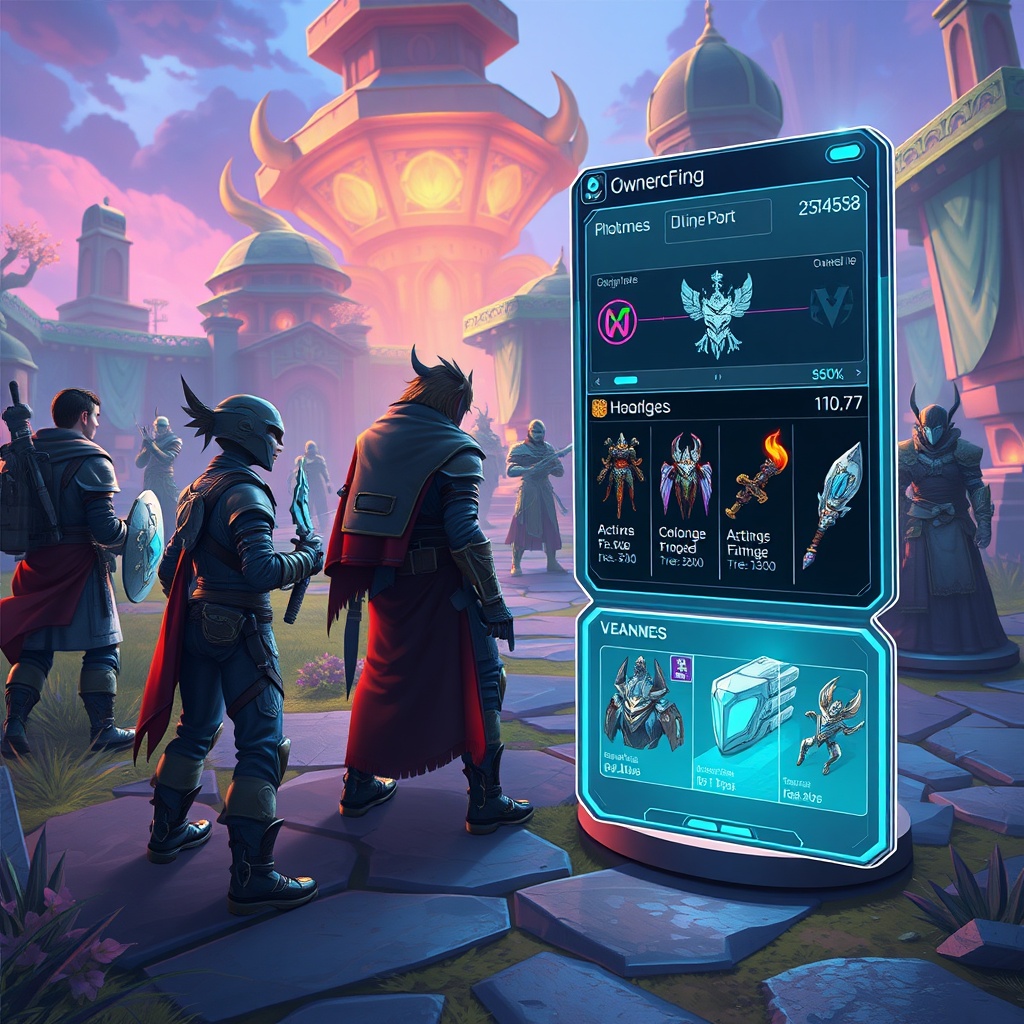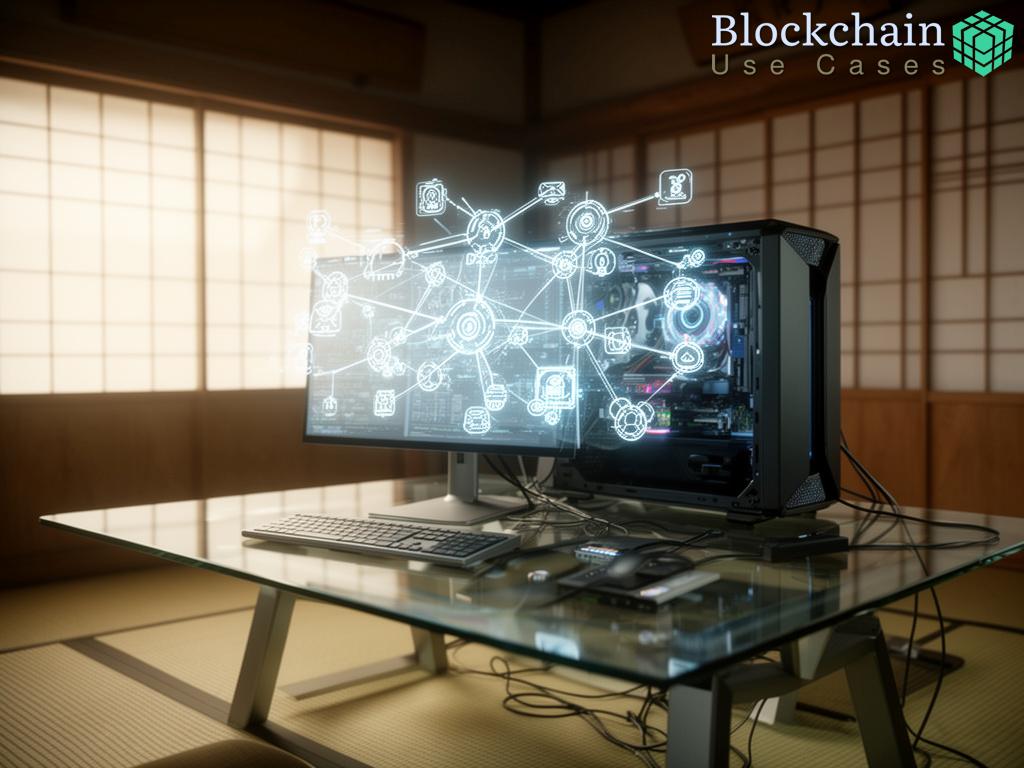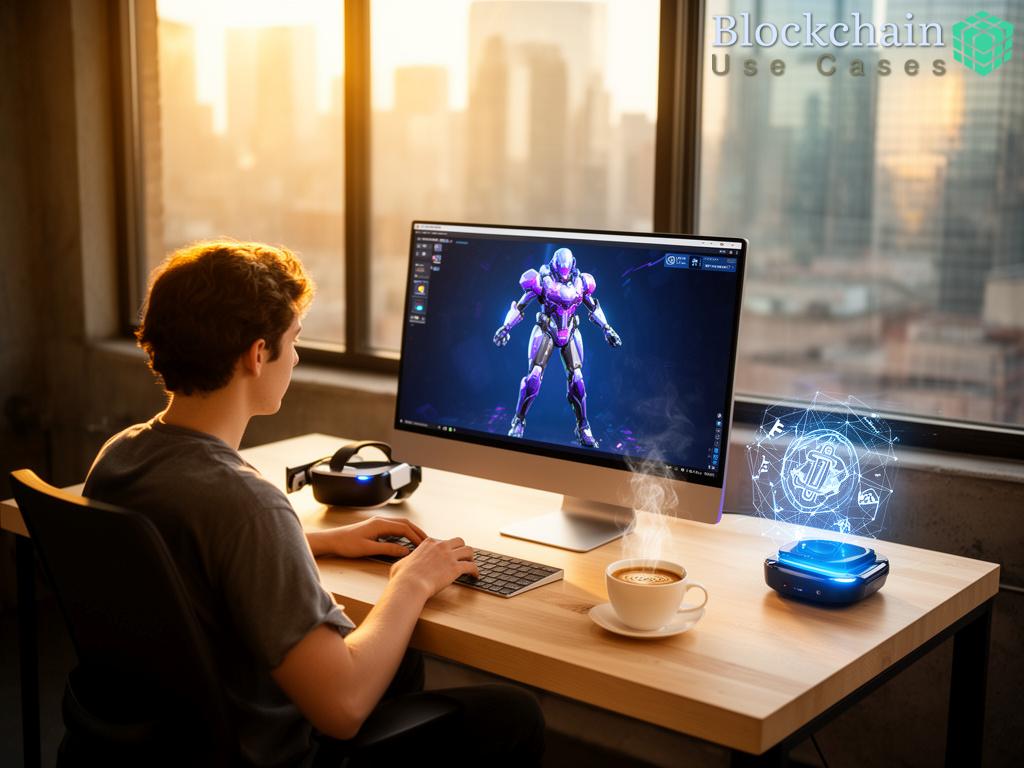Understanding the Paradigm Shift
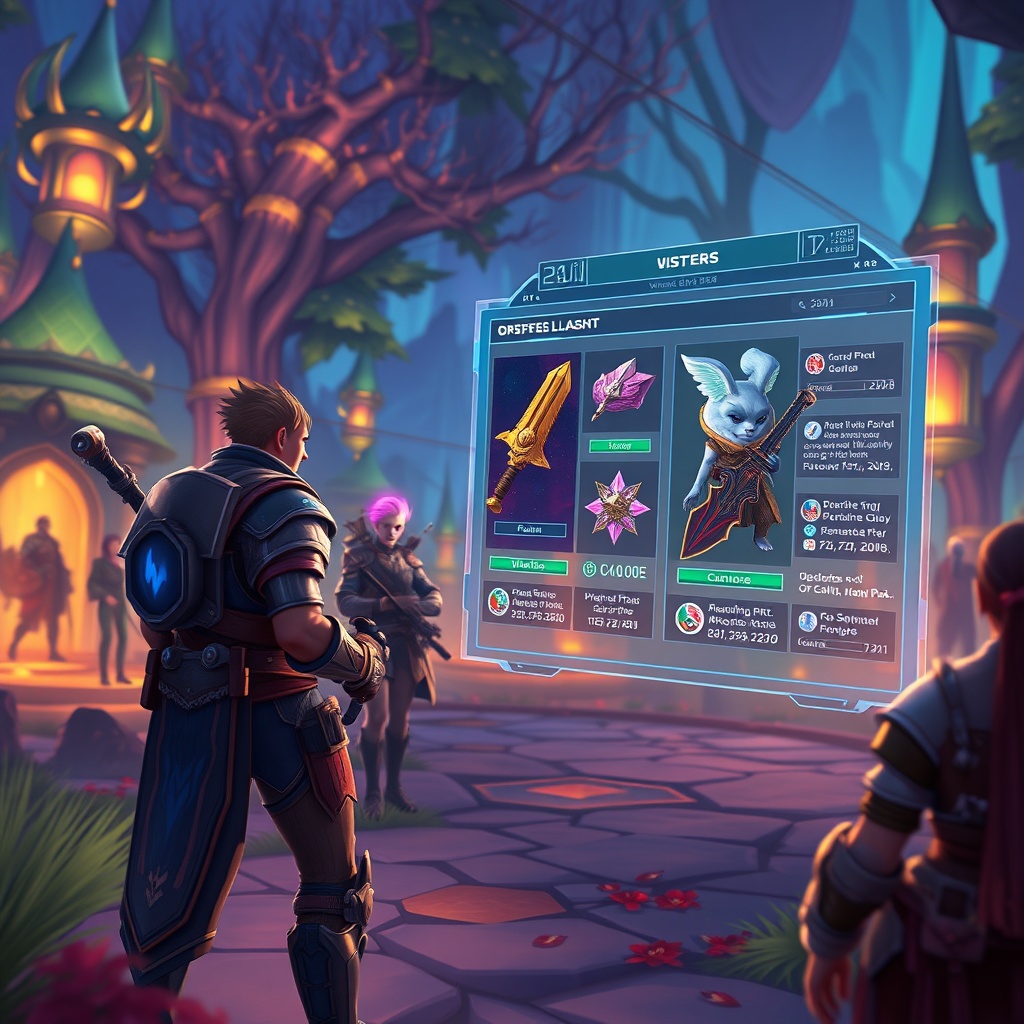
The gaming industry has witnessed an unprecedented transformation with the advent of blockchain technology. This innovative approach offers a new paradigm for players, allowing for true ownership of in-game digital assets. Unlike traditional gaming environments where assets are locked within the game’s ecosystem, blockchain enables players to own, trade, and sell their assets freely, leading to a more immersive and financially beneficial gaming experience.
The Mechanics of Blockchain in Gaming
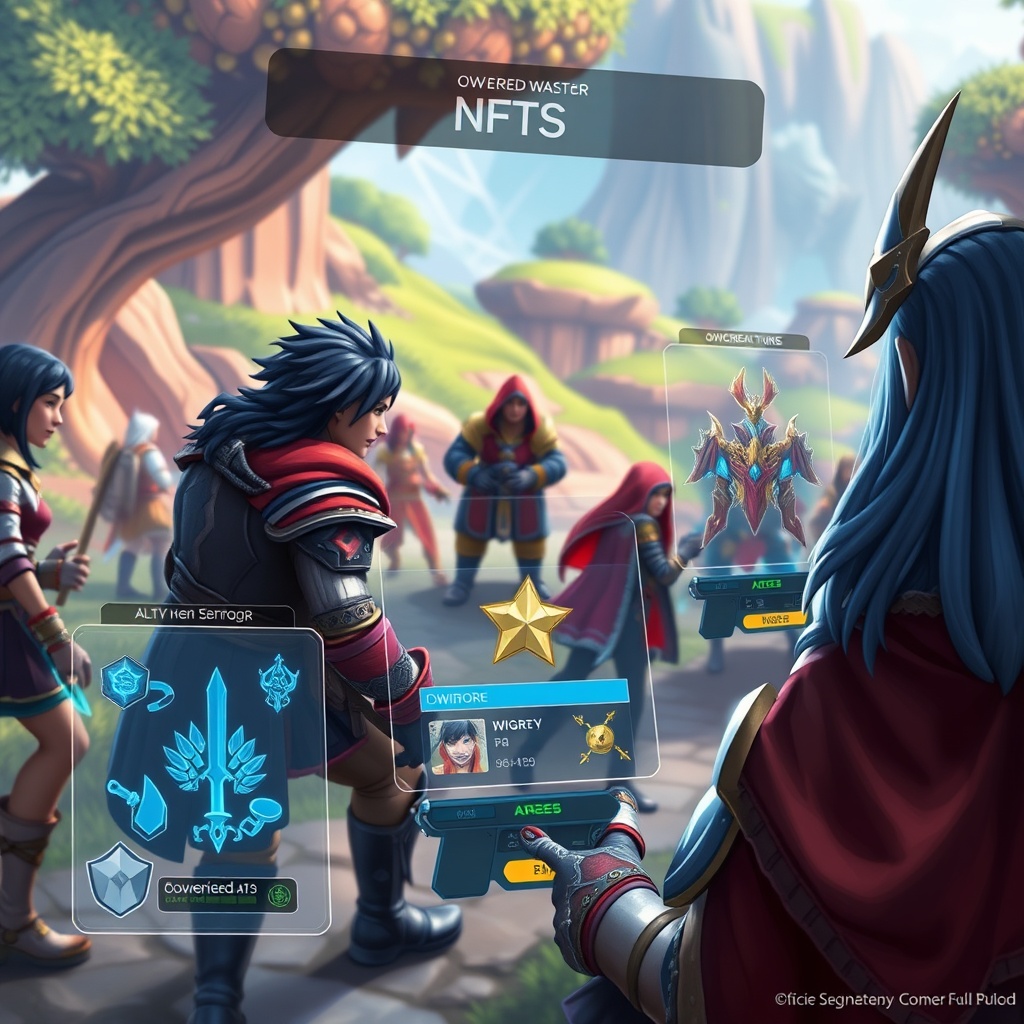
At its core, blockchain technology operates as a decentralized ledger that securely records transactions across multiple computers. This decentralization ensures that no single entity has control over the digital assets, fostering a trustless environment for players. Here are some key mechanics that facilitate blockchain-based ownership in gaming:
- Smart Contracts: These self-executing contracts with the terms of the agreement directly written into code enable automatic transactions and ownership transfers.
- Tokenization: Digital assets are represented as tokens on the blockchain, making them easily transferable and verifiable.
- Interoperability: Blockchain allows assets from one game to be used in another, enhancing the utility and value of in-game items.
The Future of Gaming and Digital Assets
As blockchain technology continues to evolve, its implications for the gaming industry are profound. Players are not just participants; they are investors and stakeholders in their gaming experiences. The ability to create, own, and trade digital assets can lead to new revenue streams for both developers and players alike. The future holds exciting possibilities, including:
- Enhanced Player Engagement: Players can invest in their favorite games, knowing their assets have real-world value.
- Decentralized Economies: Games can evolve into vibrant economies, driven by player-generated content and asset trading.
- Regulatory Challenges: The rise of blockchain in gaming will require new frameworks to address ownership rights and digital asset regulations.

